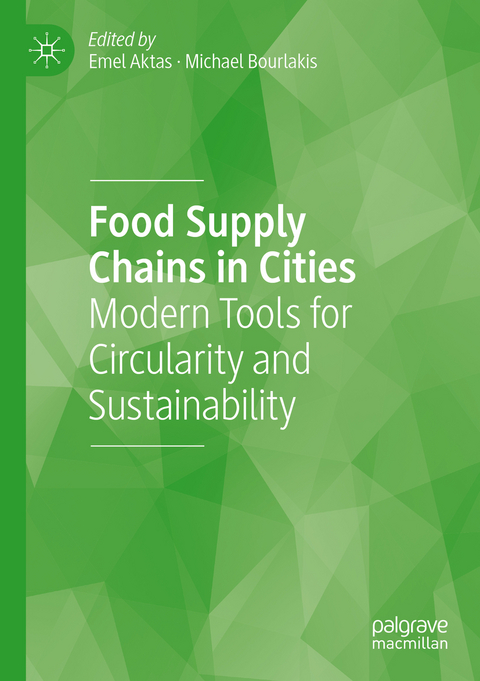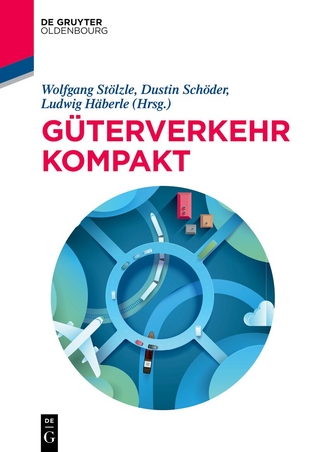
Food Supply Chains in Cities
Springer International Publishing (Verlag)
978-3-030-34067-4 (ISBN)
This book analyses the food sector which has economic and political significance for all countries. A highly fragmented and heavily regulated sector, it has become increasingly complex owing to globalisation and geographical decoupling of production and consumption activities. The urban population of the world has grown from 746 million in 1950 to 3.9 billion in 2014 and more than 70% of the population is anticipated to be living in urban areas by 2050. Food supply chains play a vital role in feeding the world's most populous cities, whilst underpinning transportation, storage, distribution, and waste management activities for the sustainability of the urban environment. That is why, this book presents the latest research on food supply chain management with a focus on urbanisation. The contributions involve food distribution in cities, food waste minimisation, and food security with a focus on models and approaches to achieve more sustainable and circular food supply chains.
lt;b>Professor Emel Aktas holds the Chair of Supply Chain Analytics at Cranfield School of Management, UK. She specialises in modelling, simulation, and decision support to address supply chains problems in transport, retail, and manufacturing. Her research focuses on minimising waste in food supply chains and logistics collaboration practises for food distribution in cities.
Professor Michael Bourlakis holds the Chair in Logistics and Supply Chain Management at Cranfield School of Management, UK where he is also the Head of the Logistics, Procurement and Supply Chain Management Group. His current research interests focus on technology and supply chain management, sustainability and supply chain management, food and retail supply chains.
1.Towards Inclusive Urban Food Supply Chains. -2. An Economic and Environmental Comparison of Conventional and Controlled Environment Agriculture (CEA) Supply Chains for Leaf Lettuce to US Cities. -3. Evaluating the Benefits of Collaborative Distribution with Supply Chain Simulation. -4. An Approximate Dynamic Programming Approach for a Routing Problem with Simultaneous Pick-Ups and Deliveries in Urban Areas. -5. The Role of Informal and Semi-Formal Waste Recycling Activities in a Reverse Logistics Model of Alternative Food Networks. -6. Shortening the Supply Chain for Local Organic Food in Chinese Cities. -7. How Digital Business Platforms Can Reduce Food Losses and Waste?, -8. The Role of Food Hubs in Enabling Local Sourcing for School Canteens. -9 .Food Distribution in School Feeding Programmes in Brazil. -10. A Descriptive Analysis of Food Retailing in Lebanon: Evidence from a Cross-Sectional Survey of Food Retailers.
| Erscheinungsdatum | 25.05.2021 |
|---|---|
| Zusatzinfo | XXXII, 368 p. 47 illus., 40 illus. in color. |
| Verlagsort | Cham |
| Sprache | englisch |
| Maße | 148 x 210 mm |
| Gewicht | 521 g |
| Themenwelt | Wirtschaft ► Betriebswirtschaft / Management ► Logistik / Produktion |
| Schlagworte | agro-industrial chains • circular economy • City logistics • Ecosystem services • Emissions • Environmental Management • Food Deserts • Food Logistics • food supply chain management • Food waste • internet of things • sustainability • urban geography and urbanism • urbanisation |
| ISBN-10 | 3-030-34067-8 / 3030340678 |
| ISBN-13 | 978-3-030-34067-4 / 9783030340674 |
| Zustand | Neuware |
| Haben Sie eine Frage zum Produkt? |
aus dem Bereich


